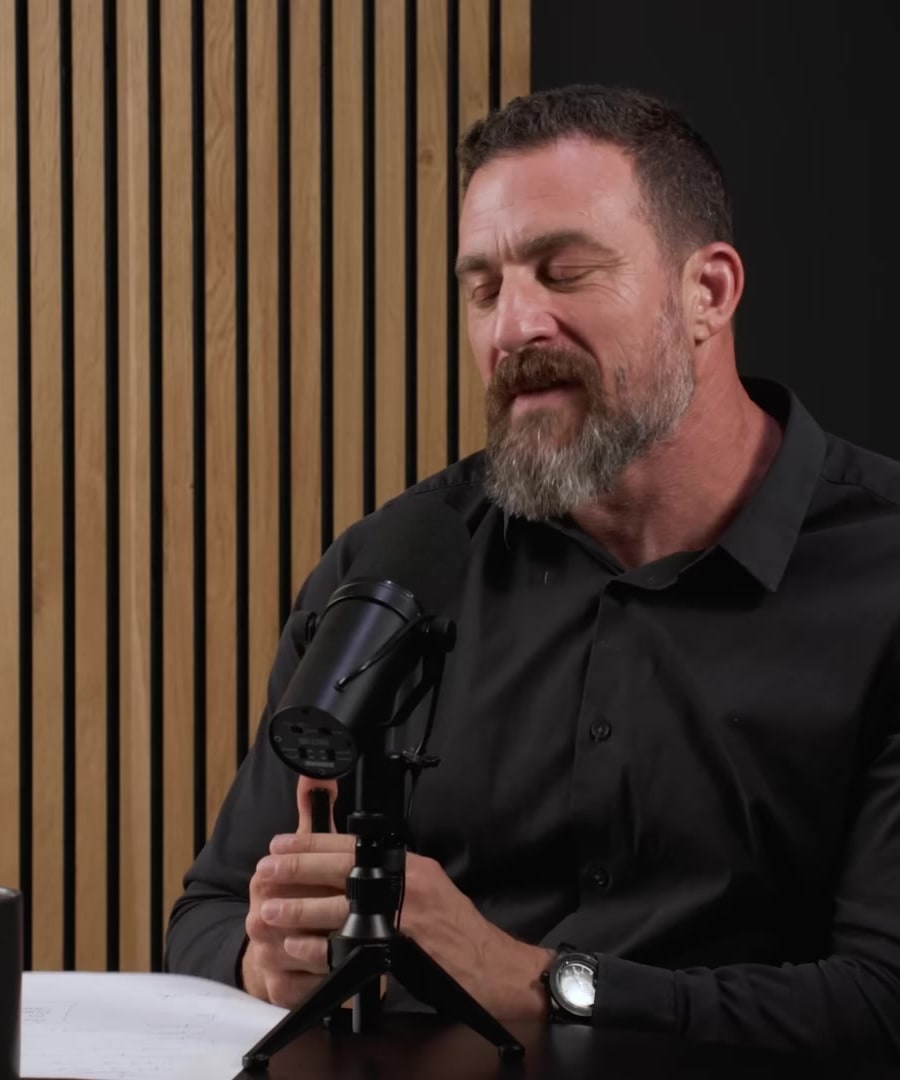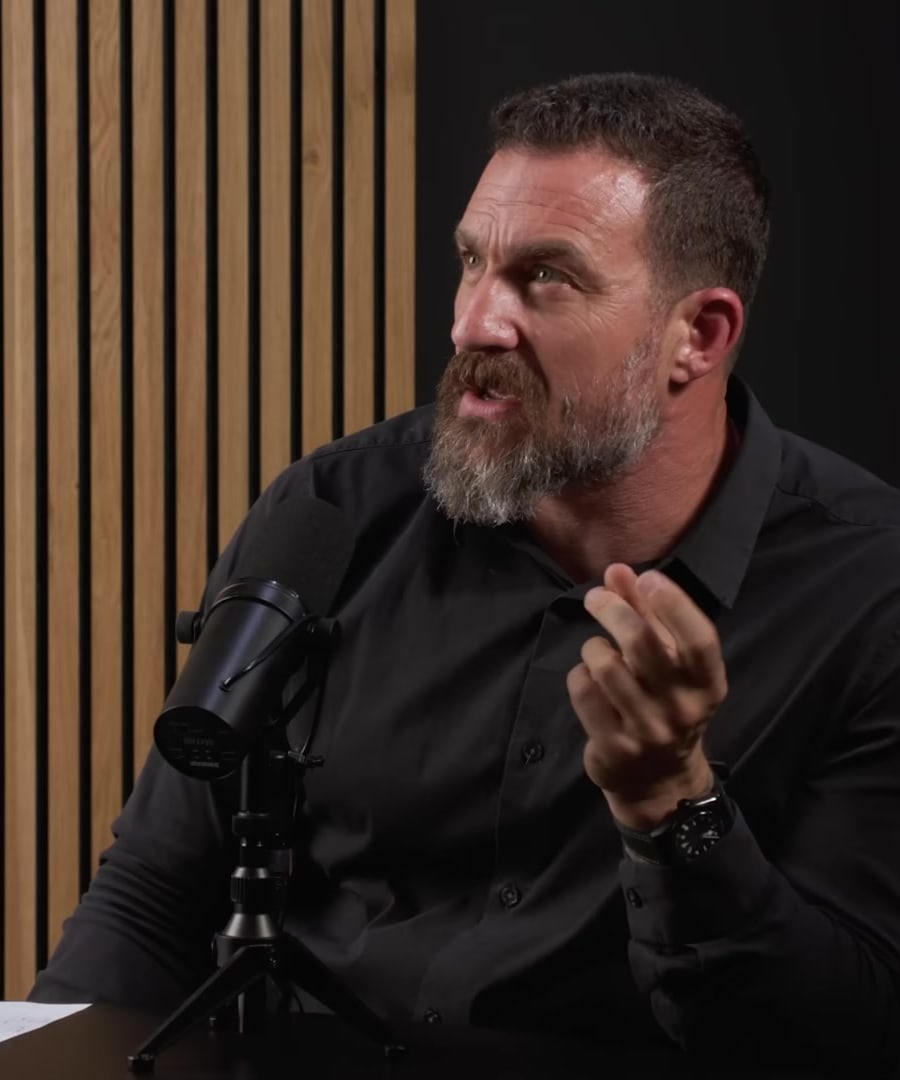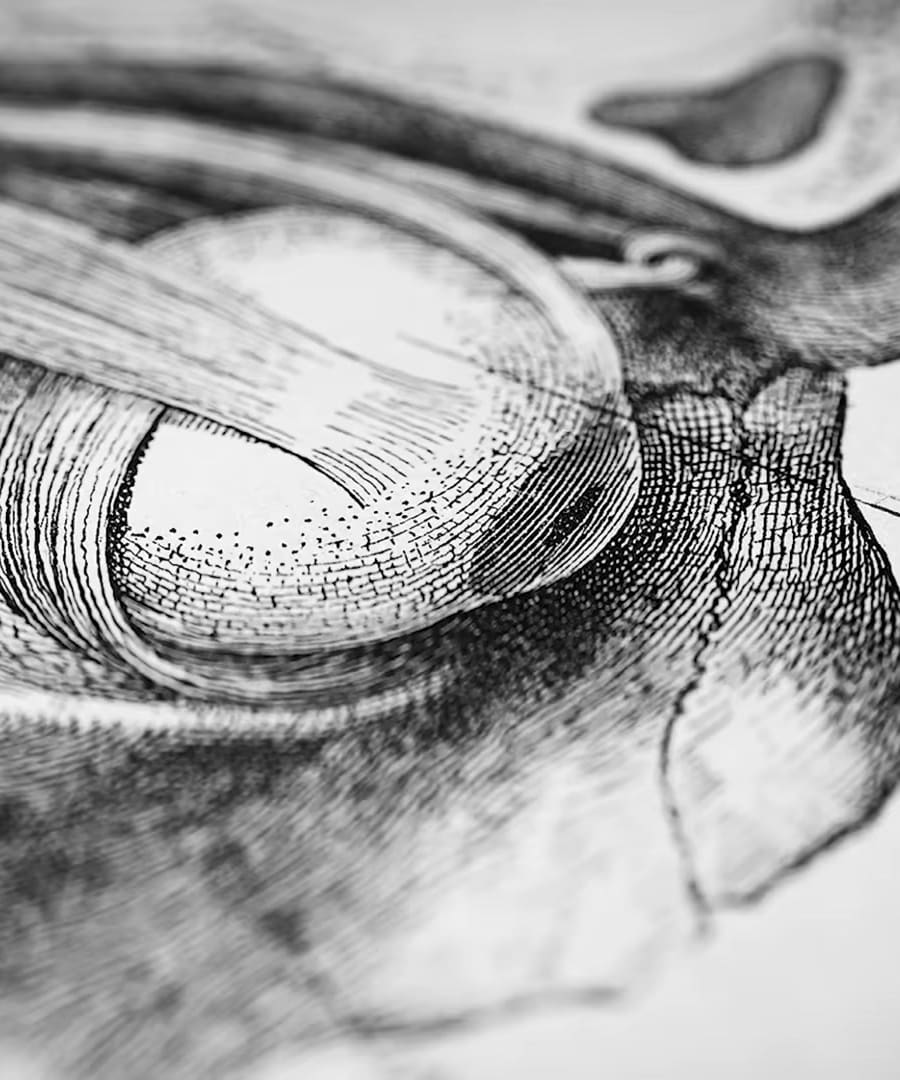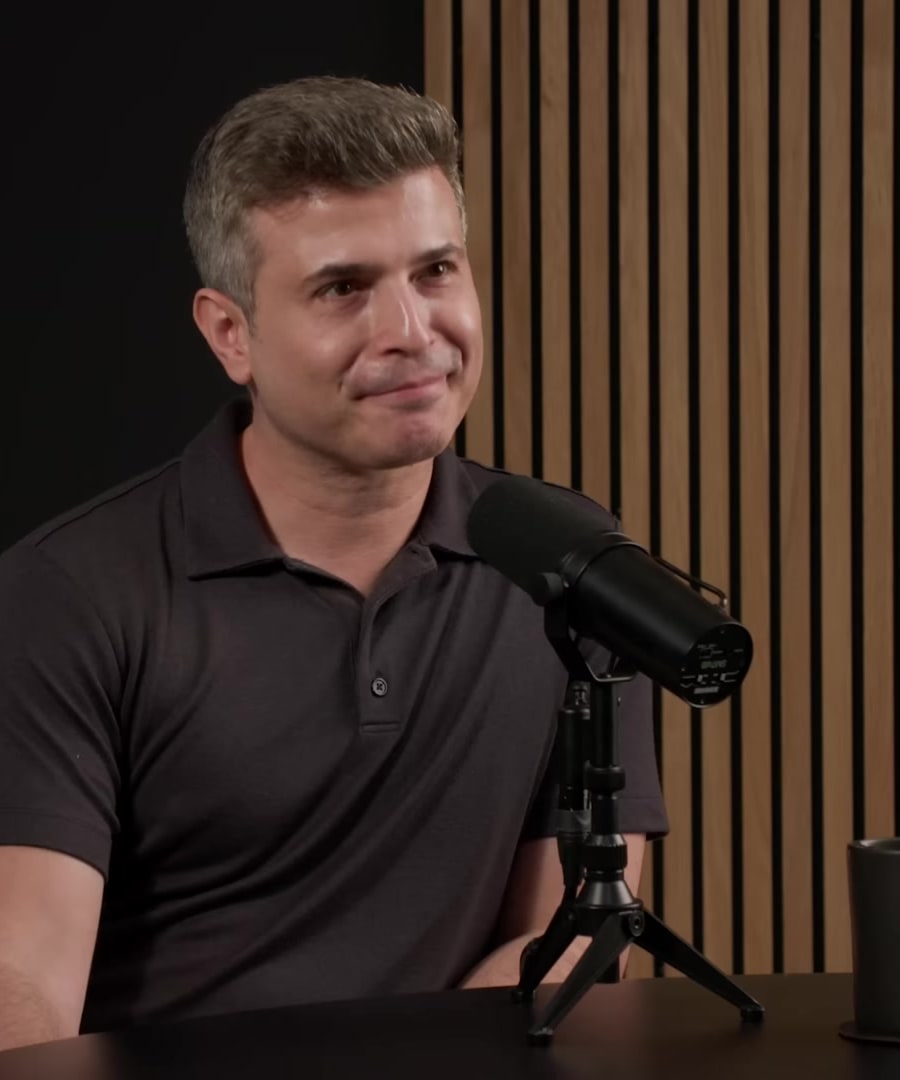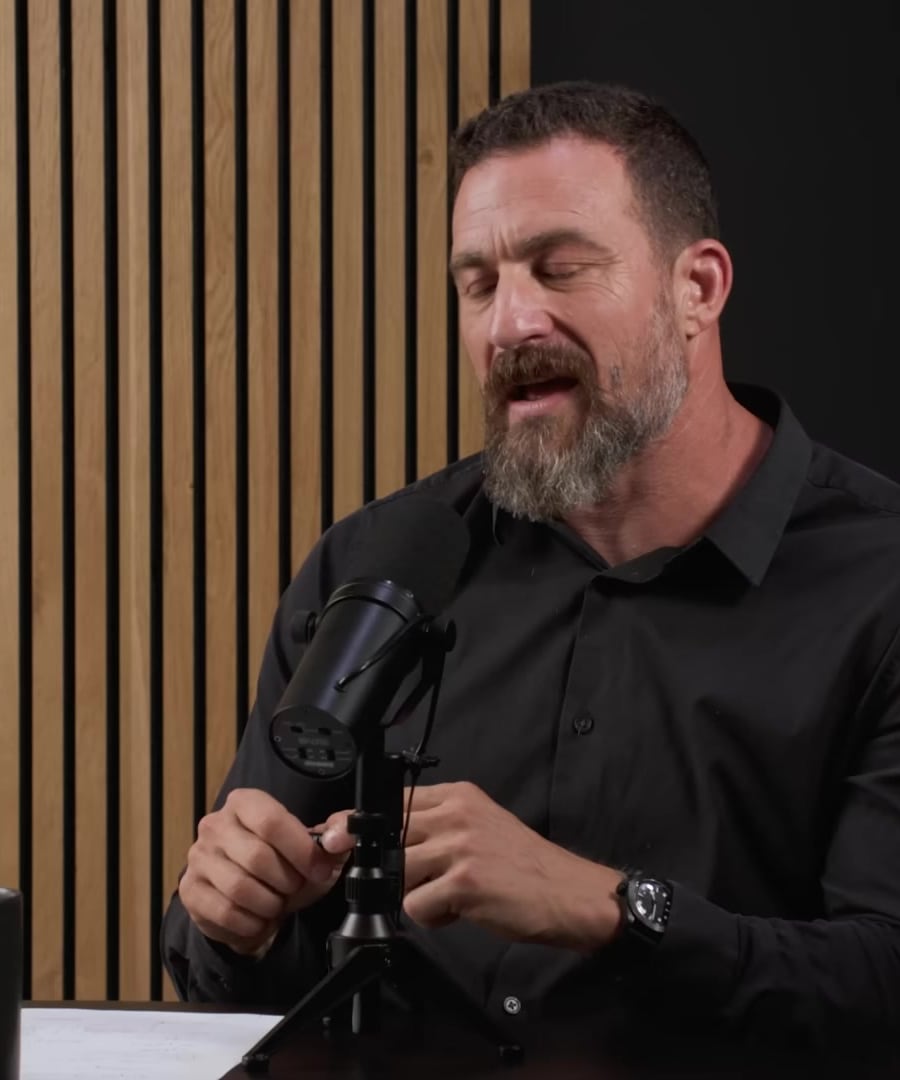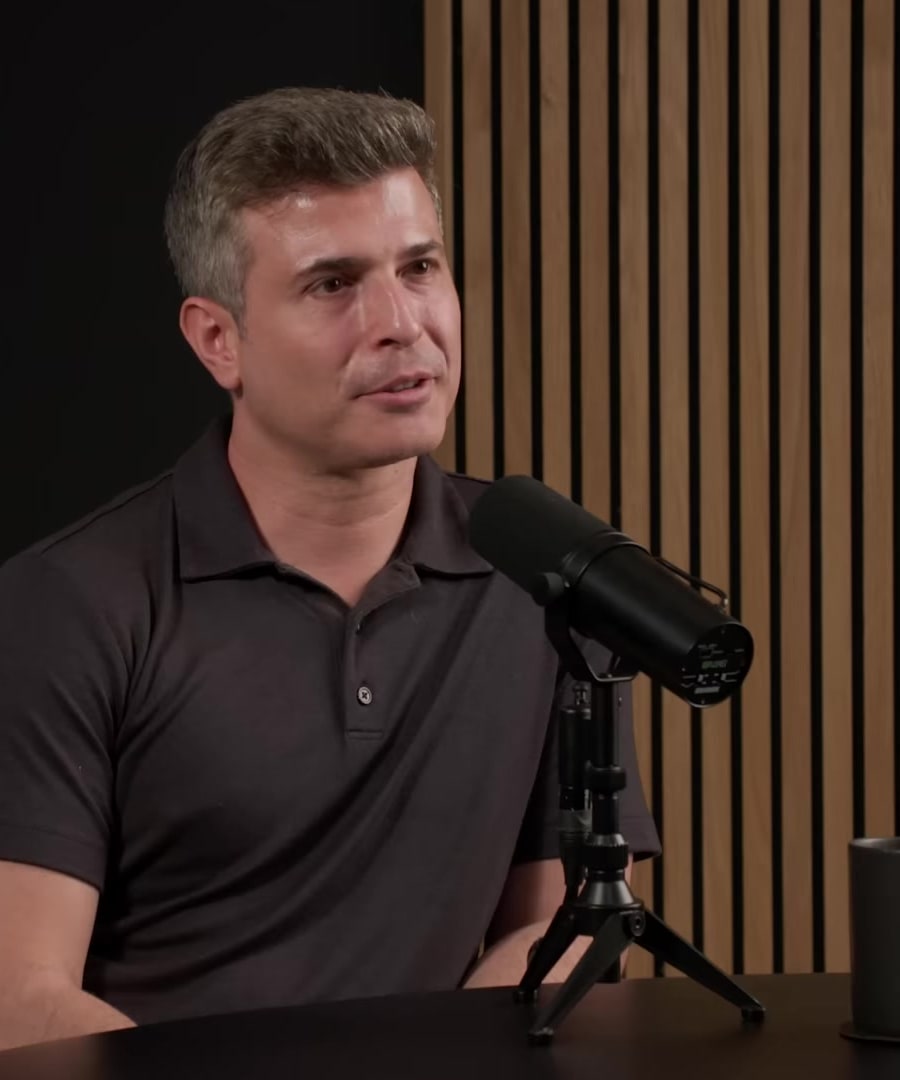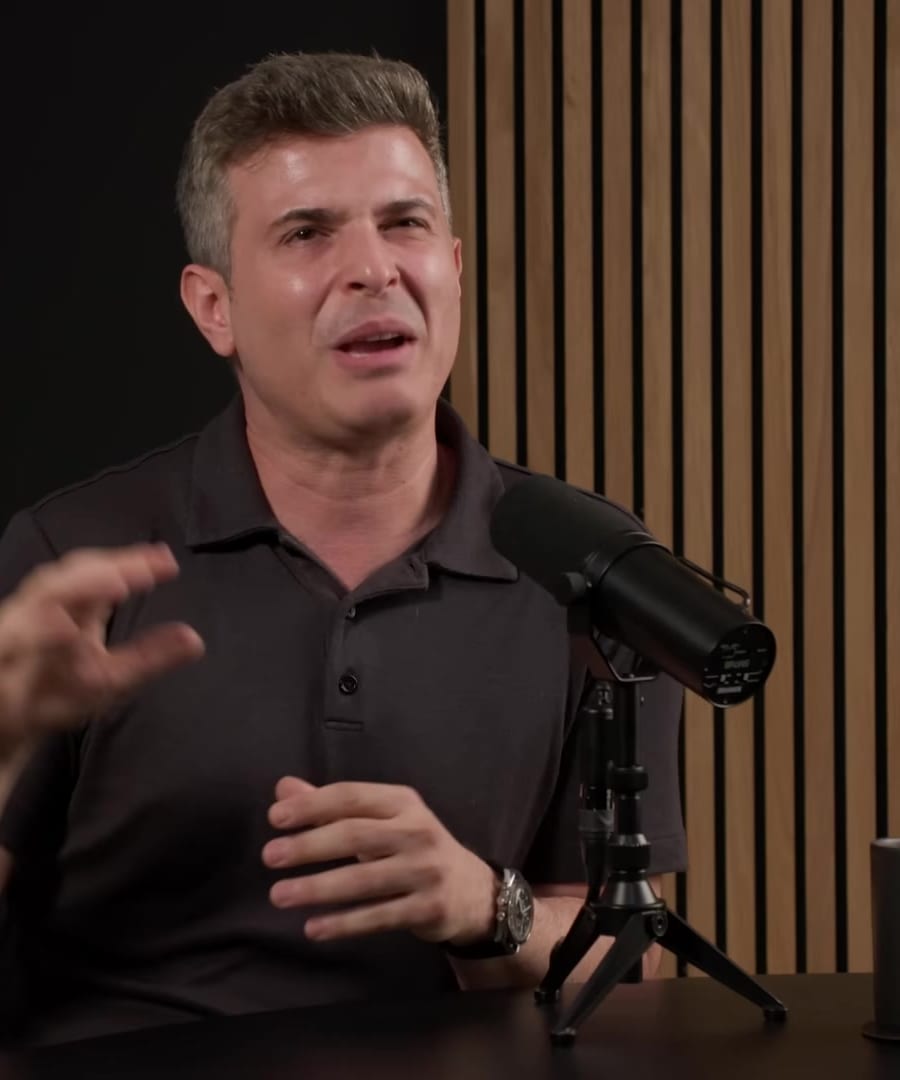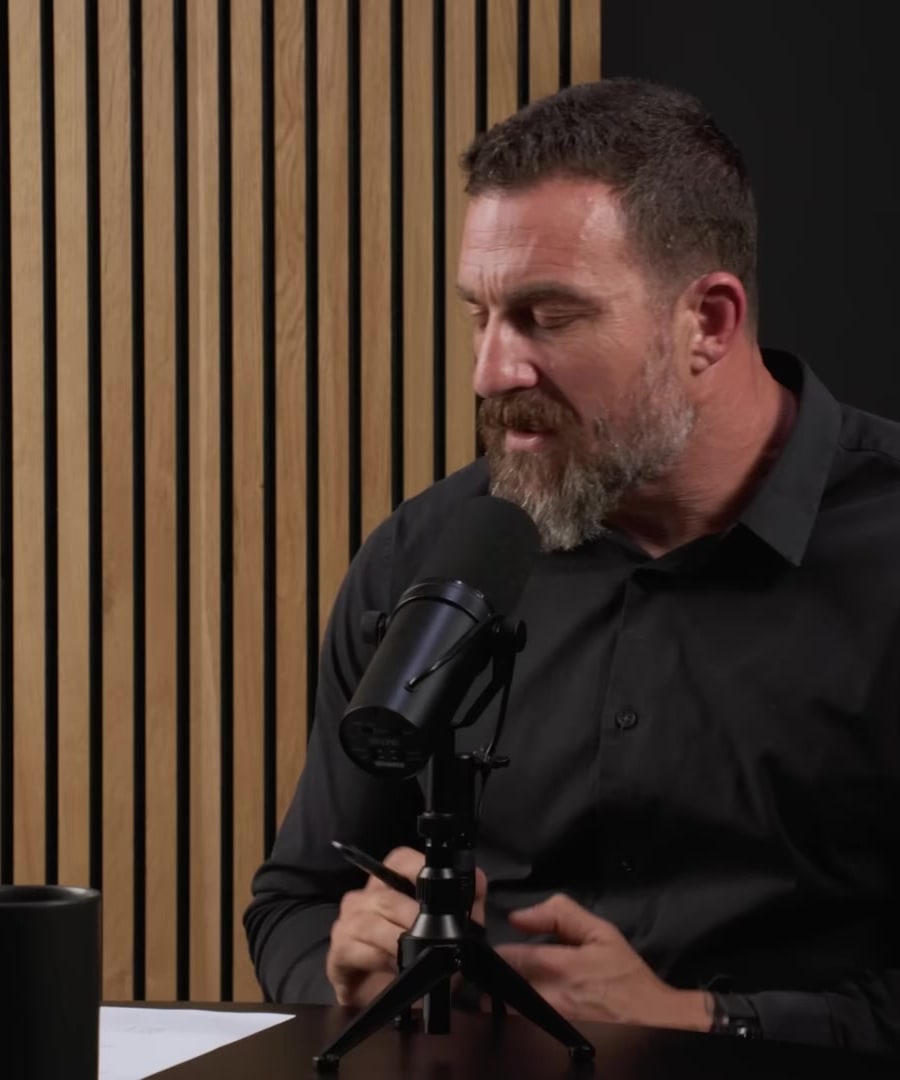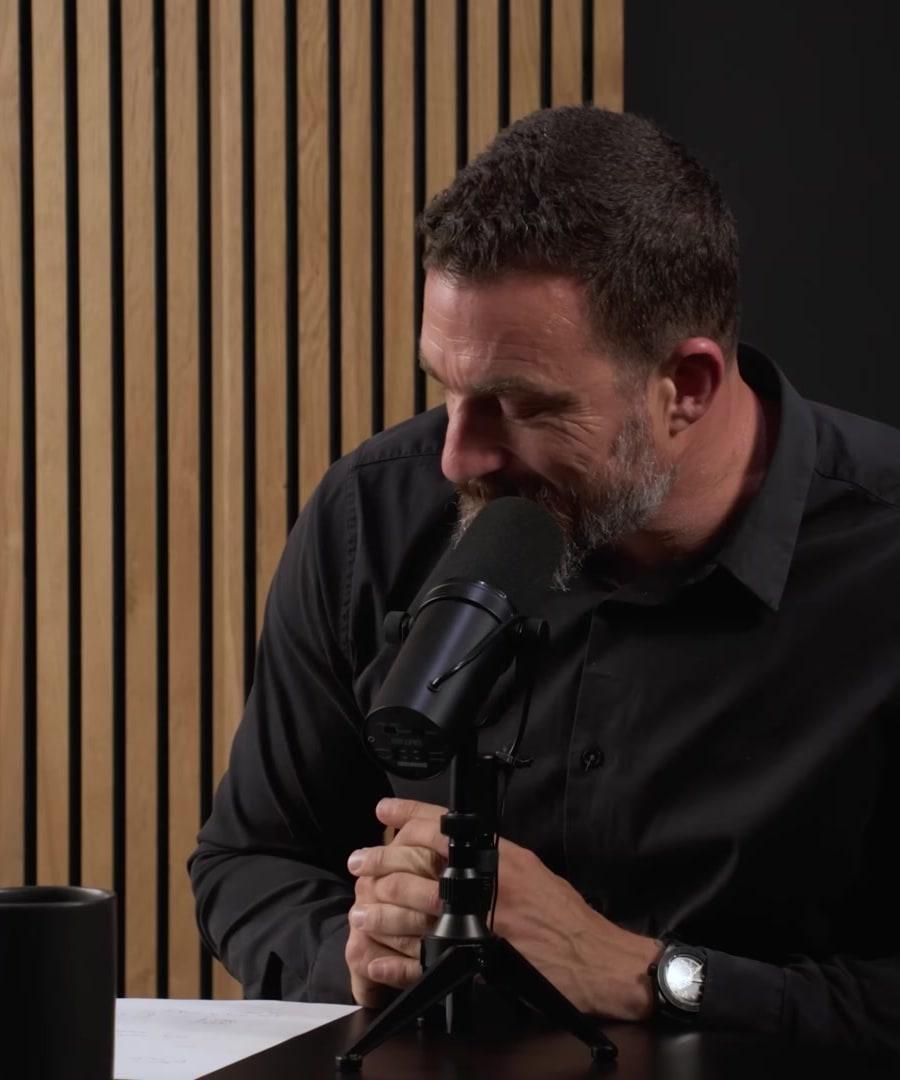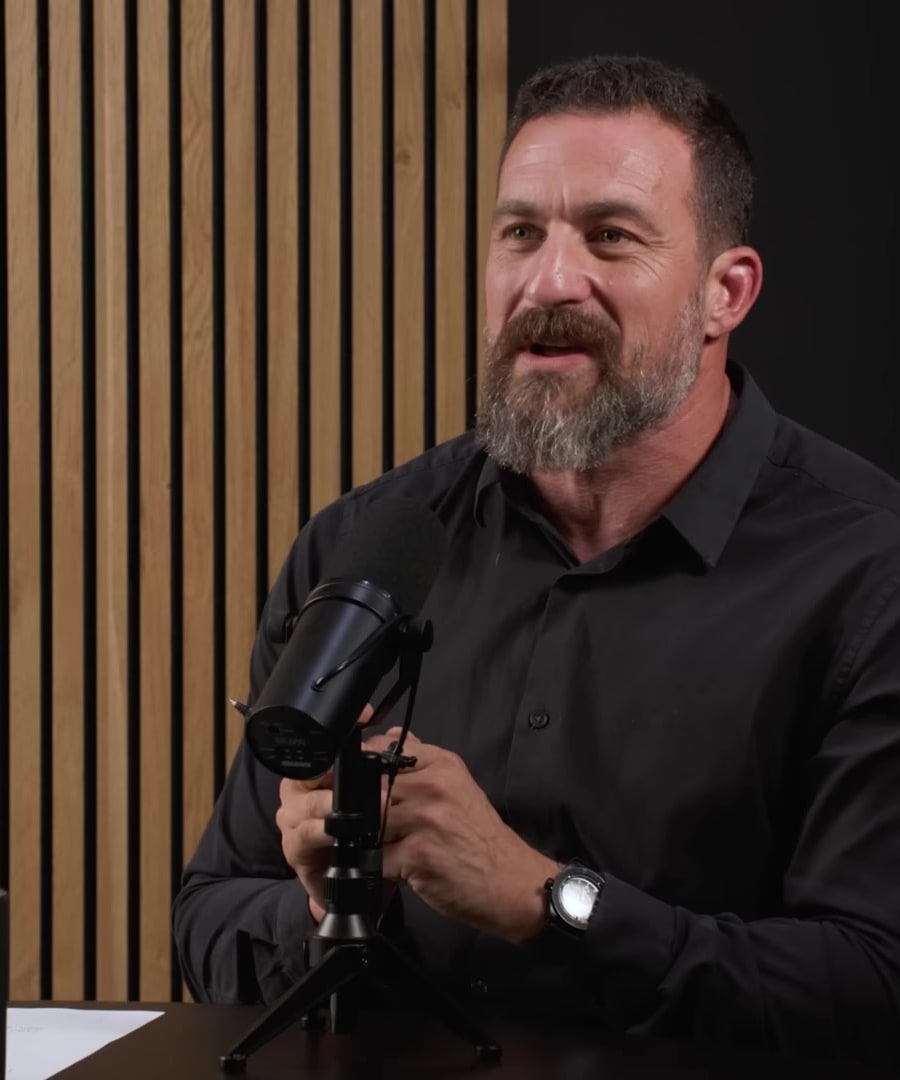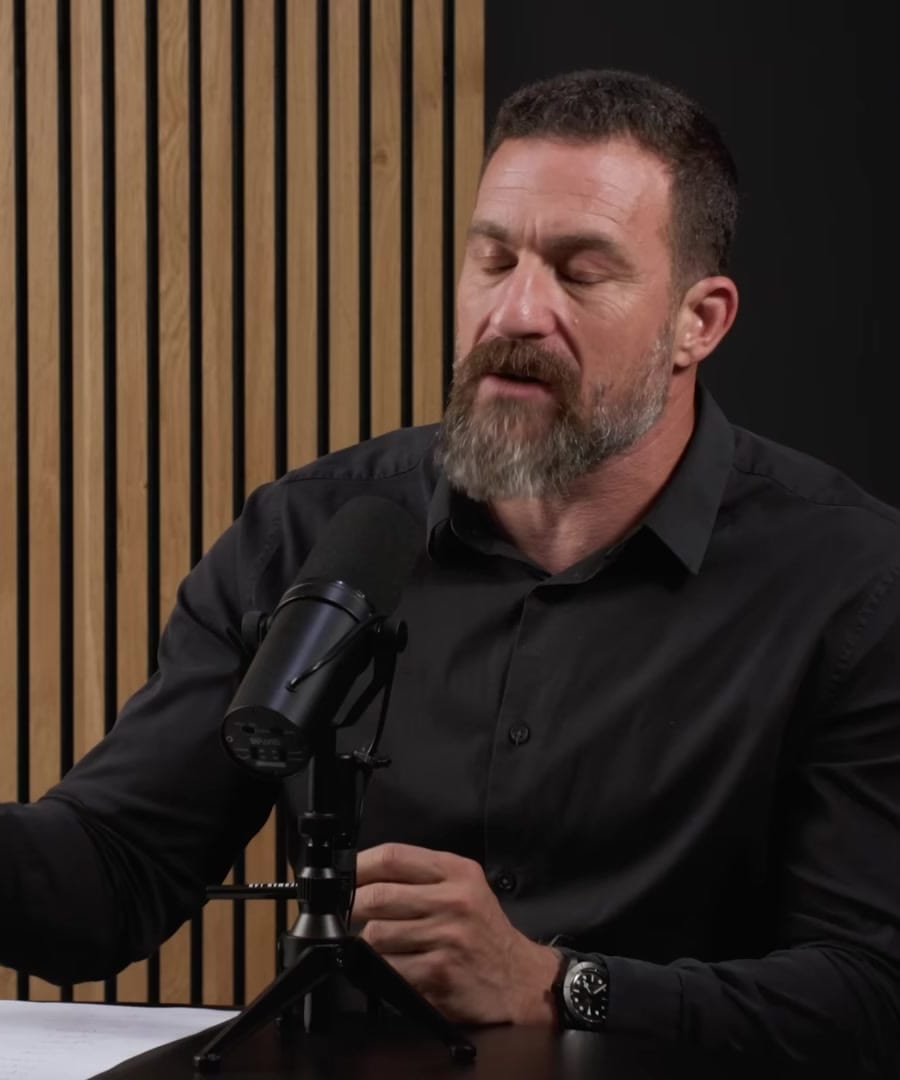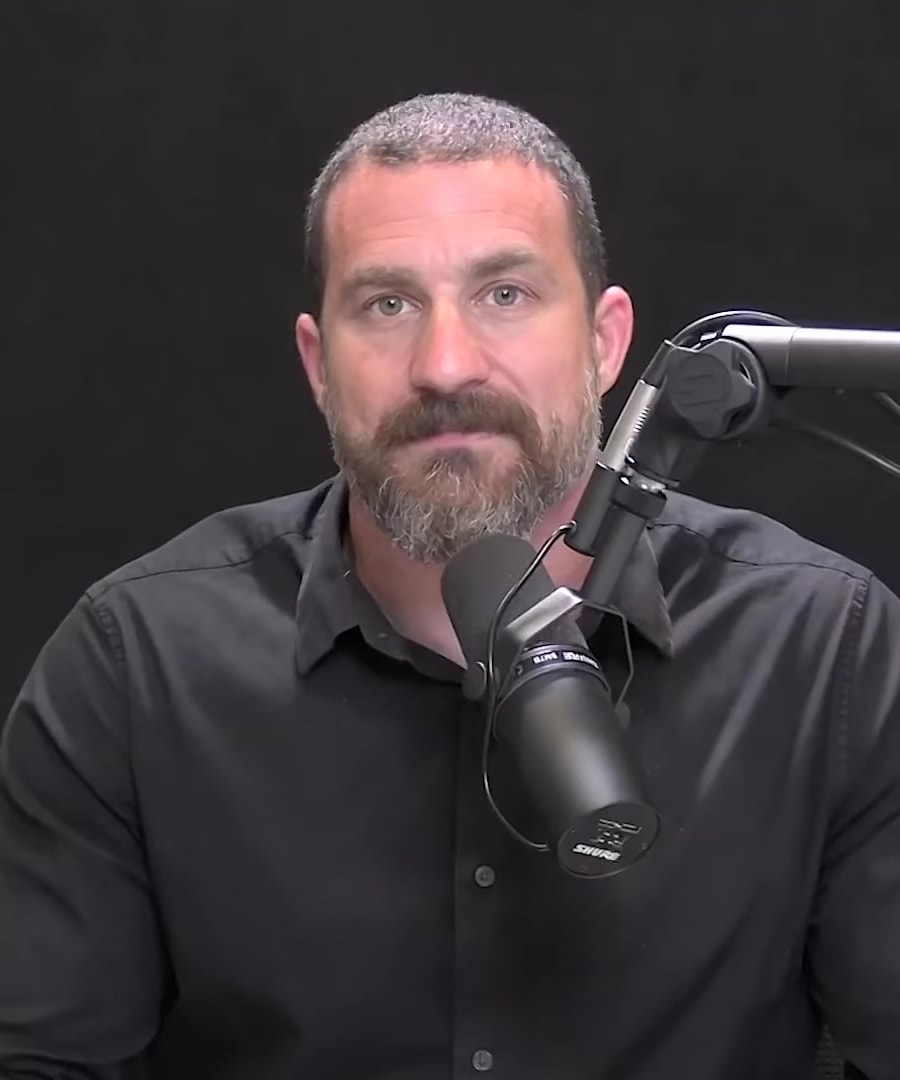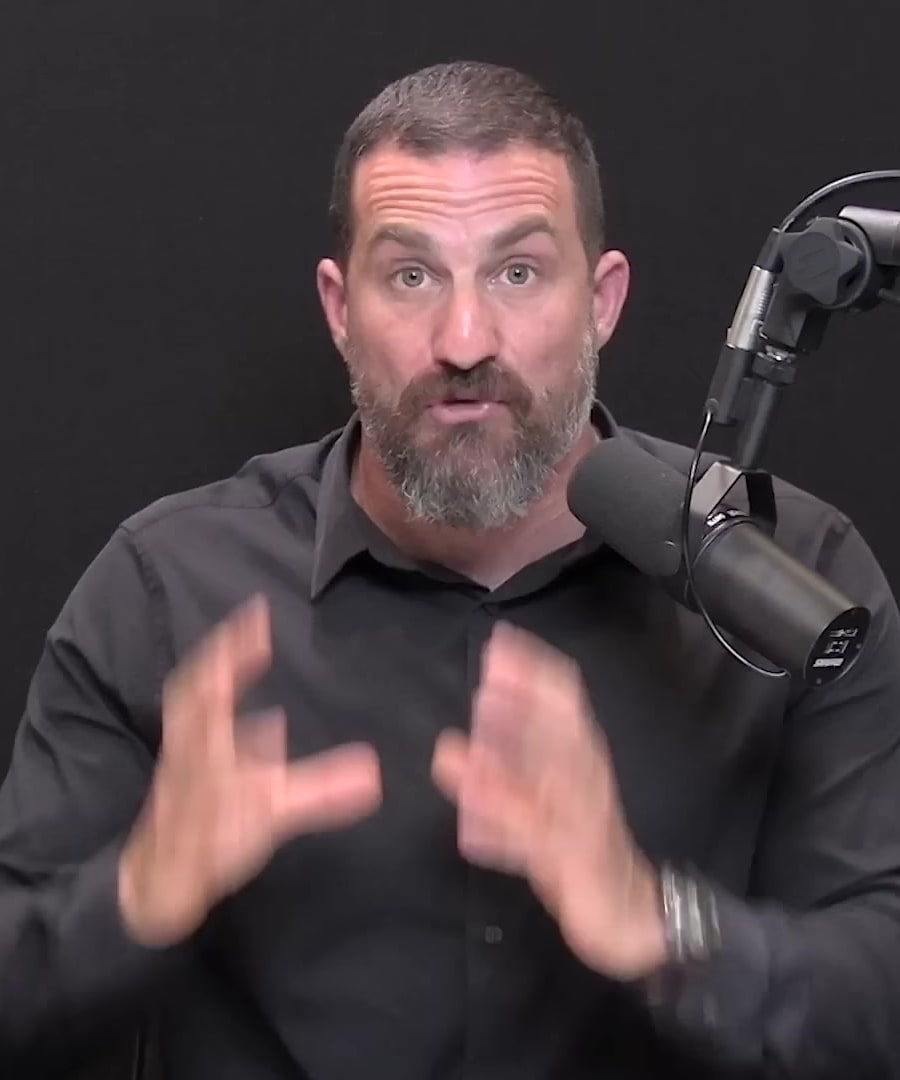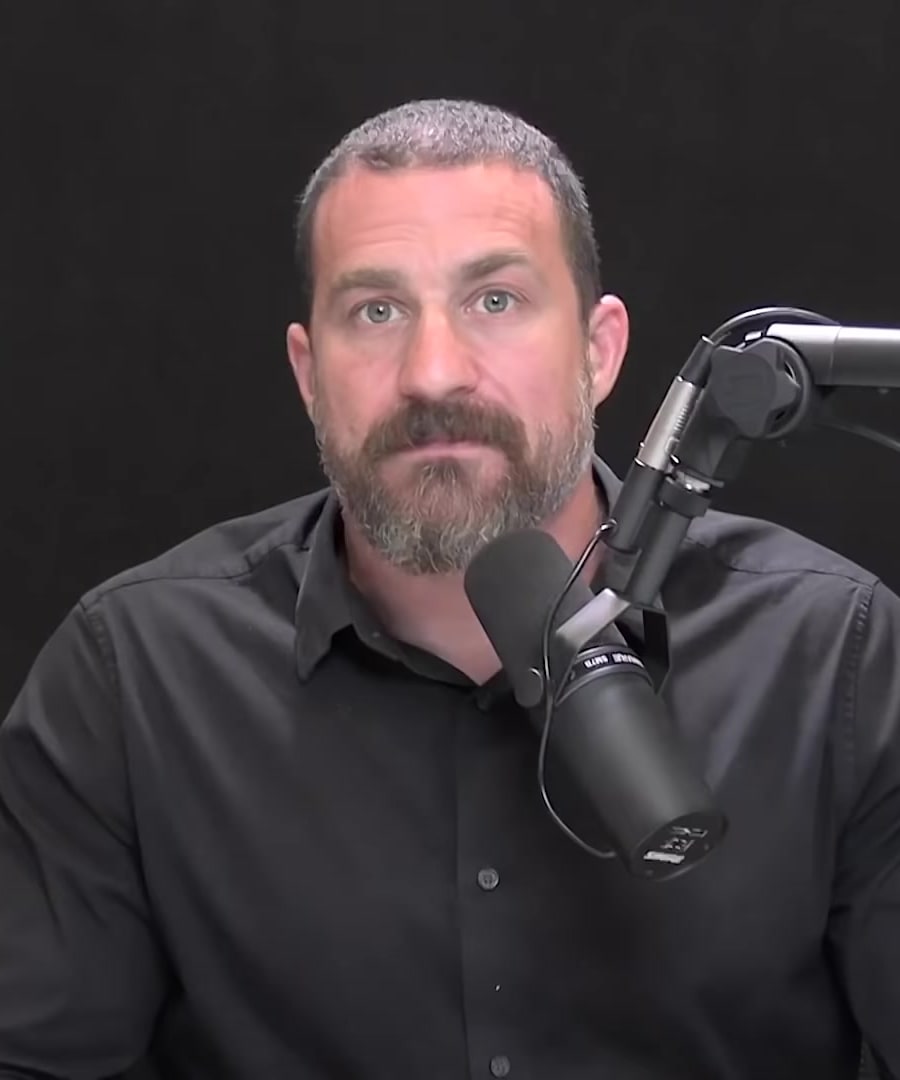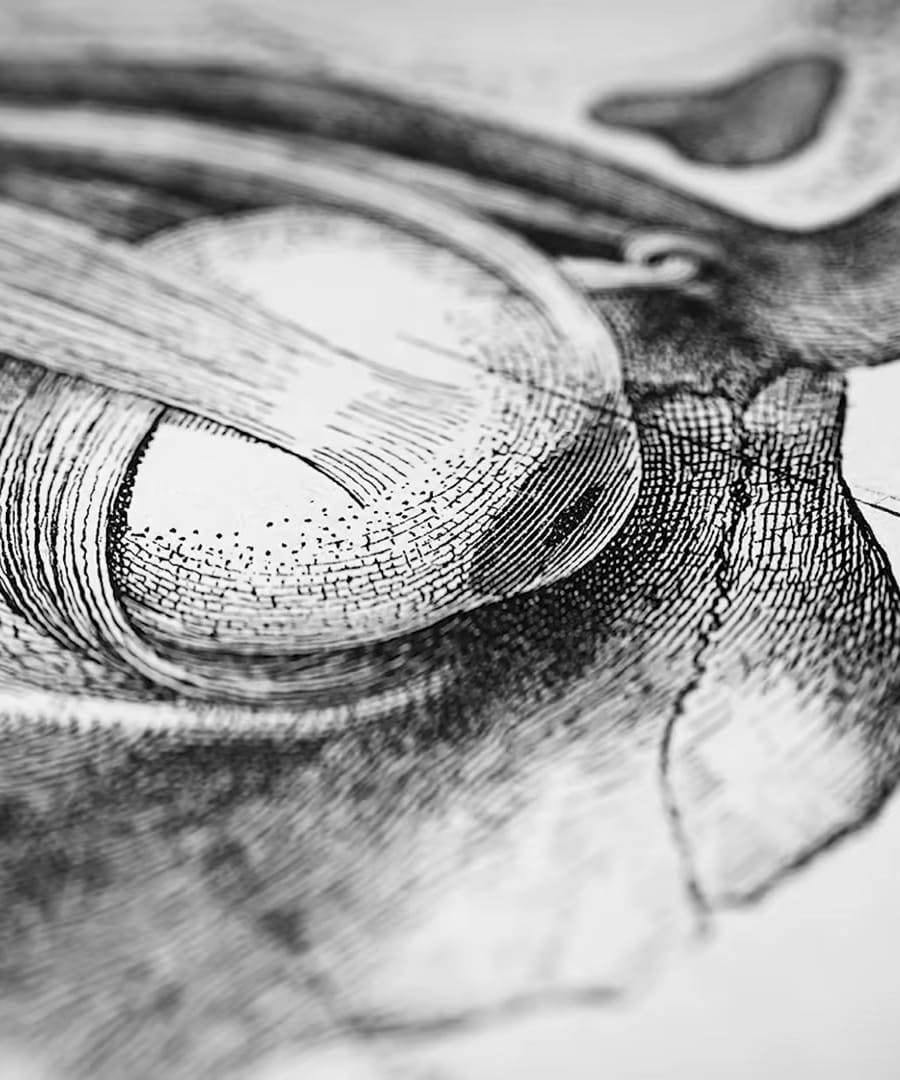Tell me about Asi Wind
Sources:
is recognized as one of the world's top magicians and mentalists. He is renowned for his storytelling approach to magic, and also has interests in painting and photography. He has made an appearance on the podcast.
RELATED QUESTIONSShow me clips of Asi Wind's magic performances.
Sources:
Unfortunately, there are no clips of 's magic performances from the . However, in discussions on the podcast, Asi has talked about various elements of his performances and the art of magic, such as creating a connection with the audience and the psychological manipulation used in mentalism. If you're interested in Asi's insights into magical performances and the psychological aspects behind them, you can explore the above clips from his appearance on the .
RELATED QUESTIONSShow me clips of Asi Wind's magic performances.
Sources:
I'm sorry, but I cannot display clips of Asi Wind's magic performances from the . The clips available from the podcast are specifically related to discussions about the art and psychology of magic and performance, rather than actual performances of magic tricks. If you're interested in the insights and explanations behind Asi Wind's magic and mentalism discussed on the , I can provide information on those topics.
RELATED QUESTIONSTell me more about Asi Wind's appearance on the Huberman Lab podcast.
, a top magician and mentalist, appeared on the in an episode titled "Asi Wind: What Magic & Mind Reading Reveal About the Brain." The episode focuses on the neuroscience of perception, the magic mindset, and how magic and neuroscience intersect. The discussion delves into topics such as mind control techniques, engaging nonverbal communication, and memory in the context of magic. Moreover, they talk about the psychological influence, strategic communication tactics, the delight in discovery, the art of magic, and how art and magic intersect, among many other intriguing subtopics.
To learn more about their conversation and the detailed insights shared by Asi Wind and , you can refer to the episode directly, which was published on 1.
RELATED QUESTIONSCan you give me key highlights from Asi Wind's episode on the Huberman Lab podcast?
Sources:
Here are some key highlights from the discussion with on the :
-
Love and Magic: Asi Wind and explored similarities between falling out of love and the disappointment that a magician feels upon learning the reality behind a magic trick. They related this to storytelling in love and magic, including the idea of creating and sharing a forward-looking narrative, which can be ended or revised when falling out of love or when a trick's secret is revealed 1.
-
Sensory Empathy: Asi shared his sensitivities and emotional connections to his environment and others, including his magician friends who are like family to him. He emphasized the importance of these relationships over individual achievements, and how shared experiences and emotions create lasting memories and shape one's sense of self and life story 2.
-
Neuroscience of Perception: introduced Asi Wind as not only a magician but as someone who, through his work, teaches us about memory formation, how we construct perceptions, and even how we can create false memories. The conversation detailed how humans perceive reality and the role that collaboration plays in creating shared perceptions of events that may not have actually happened, offering lessons widely applicable to learning and memory 3.
-
Mind-Bending Magic: Andrew described being amazed by Asi's live performances and his ability to involve audiences and multiple senses to create collective perceptions of events. He acknowledged that Asi's knowledge of perception and memory may rival that of neuroscientists, shedding light on how we experience the world 4.
-
Truth in Illusion: Andrew and Asi talked about the collaborative nature of experiences and how, like in professional wrestling or magic, there is a mutual agreement to engage in a narrative that may not represent reality, but which provides entertainment and astonishment 5.
The episode revealed profound parallels between the art of magic and the human experience, with insights extending into our understanding of perception, memory, relationships, and storytelling.
RELATED QUESTIONS-
List clips similar to "Love and Magic"
Sources:
Here are clips similar to "Love and Magic" which touch upon the topics of psychology in magic, live performance experiences, storytelling, empathy, and audience engagement:
-
Psychological Forces
- Asi Wind discusses psychological forces in magic, using certain words to influence decisions 1.
-
Unforgettable Live Experiences
- Asi shares his goals for live magic performances to create emotional memories rather than just visual impressions 2.
-
Magic of Storytelling
- The episode delves into storytelling in magic and how it creates an immersive experience for the audience 3.
-
Sensory Empathy
- Asi Wind talks about his deep sensitivity and how it plays a role in his magic and interactions 4.
-
The Power Within
- Andrew Huberman expresses his appreciation for Asi Wind's approach, focusing on the magic within ourselves 5.
-
Artistic Expression
- A discussion on the importance of artistic expression and personal emotions in magic performances 6.
-
Creating Audience Connection
- Asi highlights the significance of creating a personal connection and intimacy with his audience during performances 7.
RELATED QUESTIONS-
I'd like to learn more about memory and perception in neuroscience.
Sources:
Here are some clips discussing memory and perception in the context of neuroscience:
-
Time Perception - explains the evolution of time perception and how humans uniquely use vision in association with time to make plans and anticipate future events 1.
-
Understanding Memory - discusses the transformation of sensory stimuli into electrical and chemical signals in the nervous system and describes how memory is a bias in activating neural circuits based on those signals 2.
-
Mind-Bending Magic - Asi Wind's magic showcases the influence of manipulation on senses and memory, prompting a conversation around how illusions challenge our perception 3.
-
Neuroscience of Perception - The neuroscience behind how we fill gaps in perception and how this is exploited by magicians and mentalists to create illusions and memories of events that may or may not have happened is explored 4.
-
Enhancing Memory - The clip touches upon how emotional saliency, neurochemicals, and certain practices such as exercise and meditation can enhance memory formation and learning 5.
-
Perception and Attention - The absence of sensory neurons in brain tissue and how directing attention to the prefrontal cortex, an area without sensation, can enhance the prominence of thoughts, emotions, and memories in perception is discussed 6.
-
Memory and Association - The associative nature of memory is explained, highlighting how each thing we remember is linked to other events or information by varying degrees of associations 7.
-
Neural Prostheses - Dr. E.J. Chichilnisky elaborates on visual perception, how the brain encodes visual stimuli, and the application of this knowledge to create neural prostheses to enable blind people to see 8.
These clips will give you a multifaceted understanding of memory and perception from different angles within neuroscience.
RELATED QUESTIONS-
Tell me about Asi Wind
- RELATED QUESTIONS
Show me clips of Asi Wind's magic performances.
- RELATED QUESTIONS
Show me clips of Asi Wind's magic performances.
- RELATED QUESTIONS
Tell me more about Asi Wind's appearance on the Huberman Lab podcast.
- RELATED QUESTIONS
Can you give me key highlights from Asi Wind's episode on the Huberman Lab podcast?
- RELATED QUESTIONS
List clips similar to "Love and Magic"
- RELATED QUESTIONS
I'd like to learn more about memory and perception in neuroscience.
- RELATED QUESTIONS
